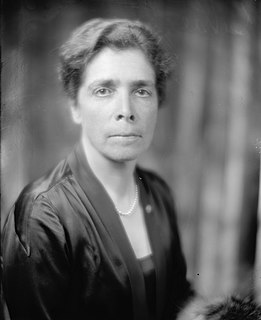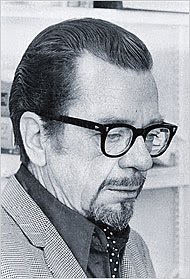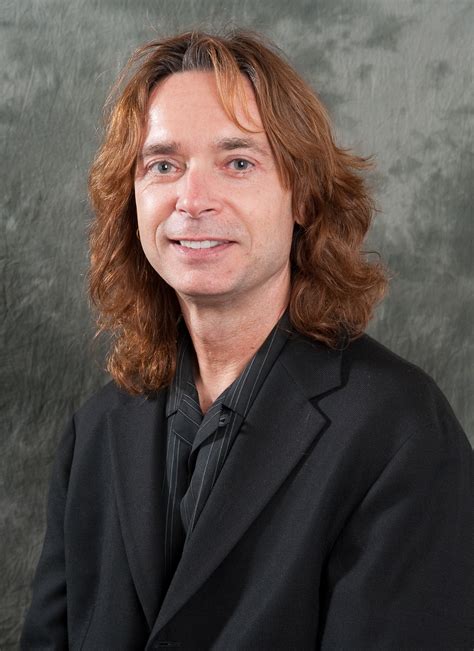A Quote by Napoleon Hill
Fortunate is the person who has learned that the most certain way to 'get' is to first 'give' through some sort of useful service.
Related Quotes
I've learned a lot this year.. I learned that things don't always turn our the way you planned, or the way you think they should. And I've learned that there are things that go wrong that don't always get fixed or get put back together the way they were before. I've learned that some broken things stay broken, and I've learned that you can get through bad times and keep looking for better ones, as long as you have people who love you.
Everybody knows how awful the world is and what a terrible situation it is and each person distorts it in a certain way that enables him to get through. Some people distort it with religious things. Some people distort it with sports, with money, with love, with art, and they all have their own nonsense about what makes it meaningful, and all but nothing makes it meaningful. These things definitely serve a certain function, but in the end they all fail to give life meaning and everyone goes to his grave in a meaningless way.
Sacrifice doesn't really exist on a national level anymore and that's a pretty new thing - most people aren't engaged nationally in some form of service and that changes the way you think about people in your country; you kind of think of them at a distance. And so there's that shift away from some sort of sacrifice - thinking of yourself as the most important thing in the world versus thinking of yourself as some sort of a whole.
How does one chip off the marble that doesn't belong? ... That comes about through five things: humility, reverence, inspiration, deep purpose, and joy. No great man has ever wise-cracked his way to greatness. Until one learns to lose one's self he cannot find himself. No one can multiply himself by himself. He must first divide himself and give himself to the service of all, thus placing himself within all others through acts of thoughtfulness and service.
Most human beings who are accustomed to attempting to see the world from various points of view tend to be more liberal than conservative. I have one life. I am a certain age. I'm married to one person. I have a certain number of children. I won't have another life other than that, but I do have many lives through the films. It's a way for me to understand what it's like to be a murderer, to confess, to be a beaten wife, to be a minority, to be a victor, to get the girl, to lose the girl. I can do all of that through the practice of an art form.



































